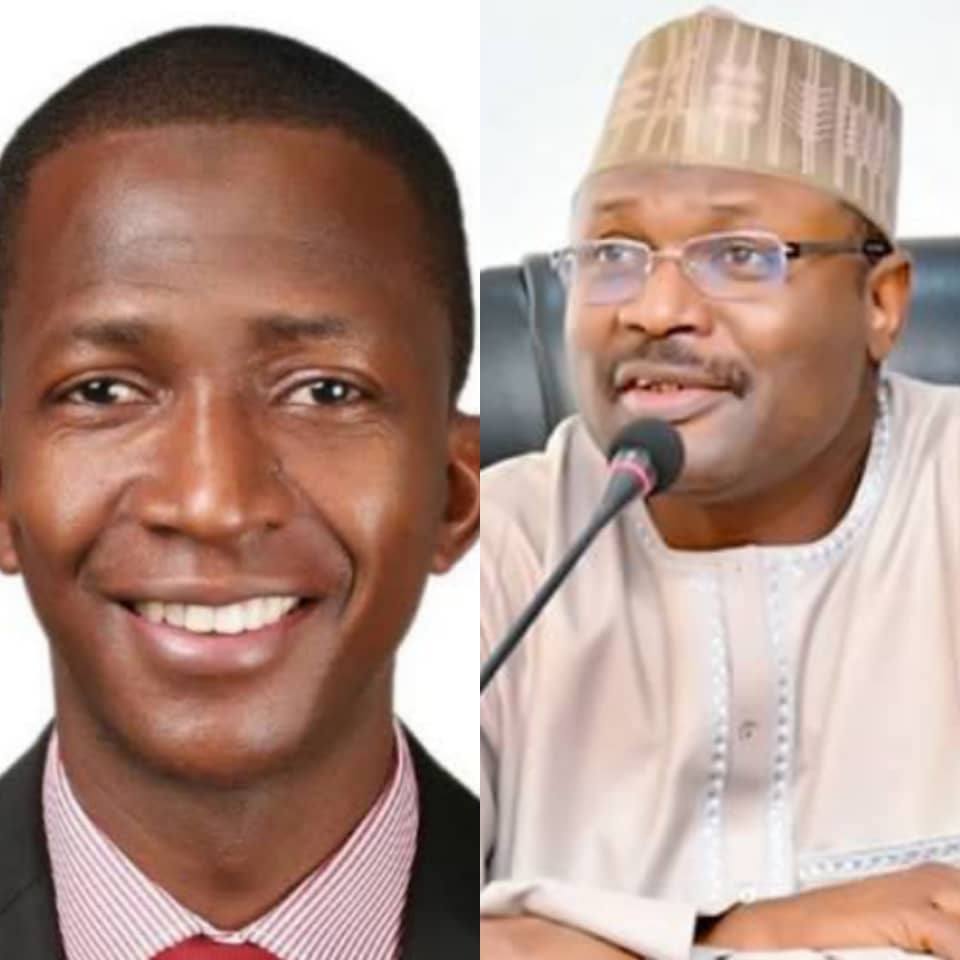The Economic and Financial Crimes Commission, EFCC has countered that the Independent National Electoral Commission over its proposal for the establishment of a National Electoral Offences Commission.
Chairman of the Agency,
Abdulrasheed Bawa,said the Independent Corrupt Practices and Other Related Offences Commission (ICPC), the Police Commission and other relevant agencies of government are empowered by laws to investigate and prosecute electoral crimes.
Bawa spoke through the Assistant Commander of EFCC, Deborah Ademu-Eteh on Tuesday at the public hearing organised by the House of Representatives committee on electoral matters for a bill to establish the National Electoral Offences Commission.
“There is no need to create an agency solely for the purpose of investigating and prosecuting electoral offences most especially when our electoral process is seasonal in nature and elections are held once in four years in the country,” Bawa said.
He suggested that the existing law enforcement agencies should be strengthened to achieve maximum output instead of creating a new agency for investigation and prosecution of electoral offences in the light of the ongoing plan to implement the Oronsanye Committee’s proposal by the Federal Government Of Nigeria.”
NPO had earlier reported the call by the Independent National Electoral Commission, INEC for the establishment of the Electoral Offences Commission inorder to fast track the cases of electoral offences in the court of law
“It is clear that the reform of our electoral process cannot be complete without effective sanctions on violators of our laws. At present, INEC is saddled with the responsibility of prosecuting electoral offenders under the Electoral Act. This has been very challenging for the Commission. For instance, since the 2015 General Election, 125 cases of electoral offences were filed in various Courts out of which 60 convictions have been secured so far, including the most recent one in Akwa Ibom State.”
“We have studied the 46 Clauses of the Bill under consideration and made 16 comments. I would like to touch on two Clauses and make a general observation while submitting our detailed comments to the Committee.
“First is Clause 33 (1) of the Bill which confers jurisdiction on Federal, State and FCT High Courts to try offenders under the Bill. However, these Courts are already over-burdened. It is proposed that Electoral Offences Tribunal be established with exclusive jurisdiction to try electoral offenders,” INEC Chairman said
Some members of the Civil Society Organisations (CSOs) supported INEC in its proposal.
In its presentation, Cleen Foundation recommended that the representatives from the Federal Road Safety Commission (FRCN) and Nigeria Correctional Service (NCS) should be included as members of the commission.
The Centre For Transparency Advocacy (CTA) and West African Civil Society Forum said key stakeholders from the CSOs should also be added as members of the commission.
“We observed the conspicuous absence of CSOs in the commission. We recommend they be added since they are also front liners on the field. The number of women in the committee should also be increased to at least 35% in line with gender policy,” CTA said.


